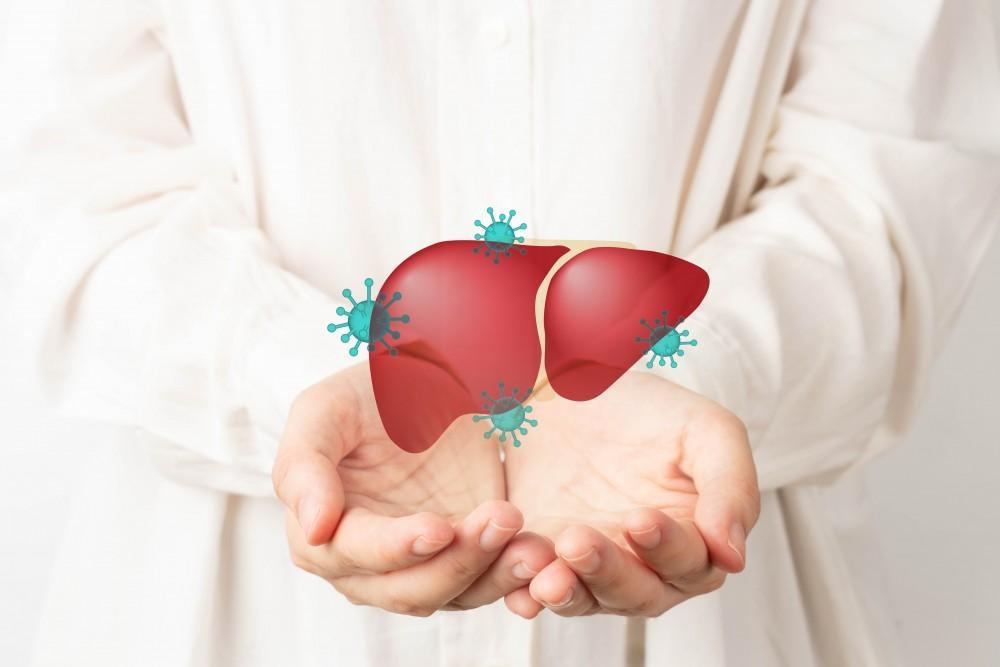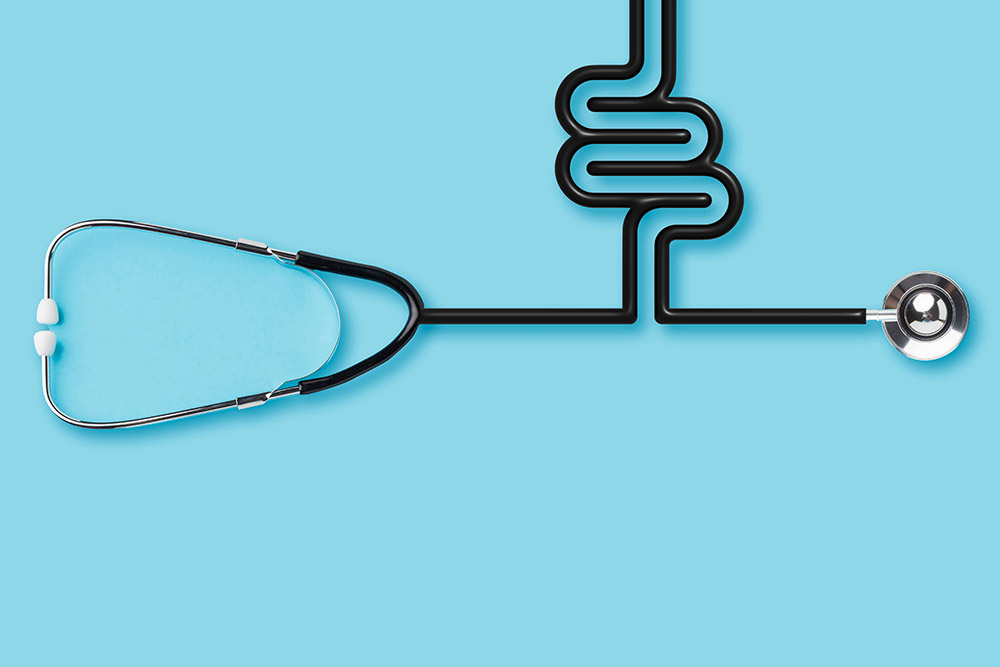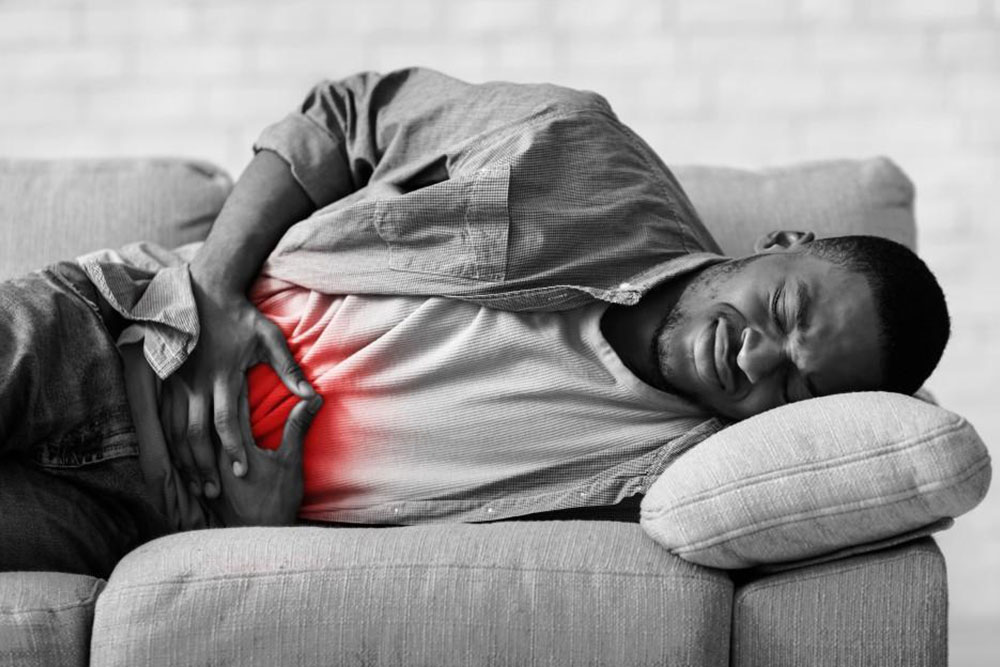Expert Treatment for Intestinal Bypass And Anastomosis Status by Dr. Bharat Pothuri
Dr. Pothuri uses a step-by-step approach:
Medical History and Physical Exam
He reviews your prior surgeries (type of bypass or resection), the onset and location of epigastric or abdominal pain, changes in appetite or weight, and any related symptoms such as bloating, nausea or vomiting.
Laboratory Tests
Blood work includes a complete blood count (CBC), electrolytes, nutrition markers (albumin, prealbumin), inflammatory markers (CRP, ESR) and liver enzymes to rule out other causes of epigastric pain.
Imaging Studies
- CT scan or MRI of the abdomen to assess the anastomosis, check for leaks, abscesses or fluid collections.
- Small bowel follow-through (contrast X-ray) to observe transit through the reconnected segments and identify strictures or blockages.
Endoscopic Evaluation
Upper endoscopy or colonoscopy (depending on the site of your anastomosis) to directly visualize the surgical connection, look for ulceration, narrowing or fistulas, and obtain biopsies if needed.
Advanced Testing (if needed)
Breath tests for bacterial overgrowth, motility studies for functional disorders, capsule endoscopy for difficult-to-reach segments, or diagnostic laparoscopy to evaluate adhesions and scar tissue.

Frequently Asked Questions
What does intestinal bypass and anastomosis status tell me?
It shows how well your bowel connection is healing after surgery and whether there are leaks, blockages, or other issues.
What is the ICD-10 code Z90.2?
Code Z90.2 indicates you've had a past intestinal bypass or reconnection (anastomosis) documented in your medical record.
What tests are used to evaluate my anastomosis?
Dr. Pothuri may order blood work for inflammation or nutrition, imaging like CT or MRI, endoscopy/colonoscopy, or a small bowel follow-through X-ray.
Can I eat normally after an endoscopic dilation?
Yes. Most patients start with clear liquids the same day, advance to soft foods in a few days, and then return to a regular diet as tolerated.
Can complications appear years after my surgery?
Yes. Scar tissue and narrowing can develop long after the operation, so ongoing monitoring is important.
How is small bowel bacterial overgrowth managed?
We usually prescribe rotating antibiotics, suggest targeted diet changes, and may recommend probiotics to restore a healthy gut balance.












